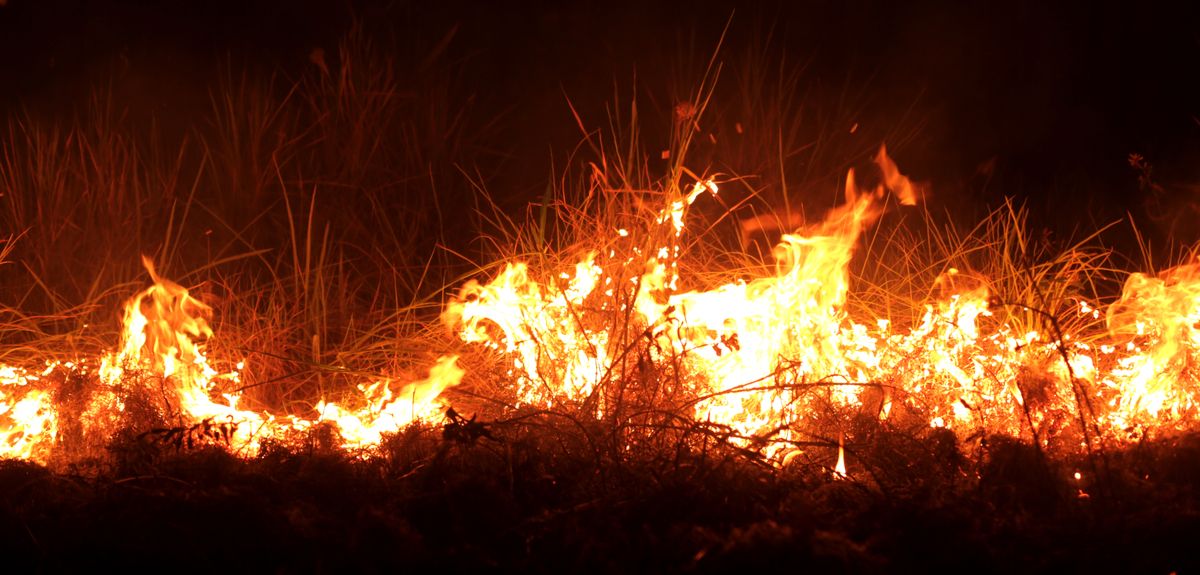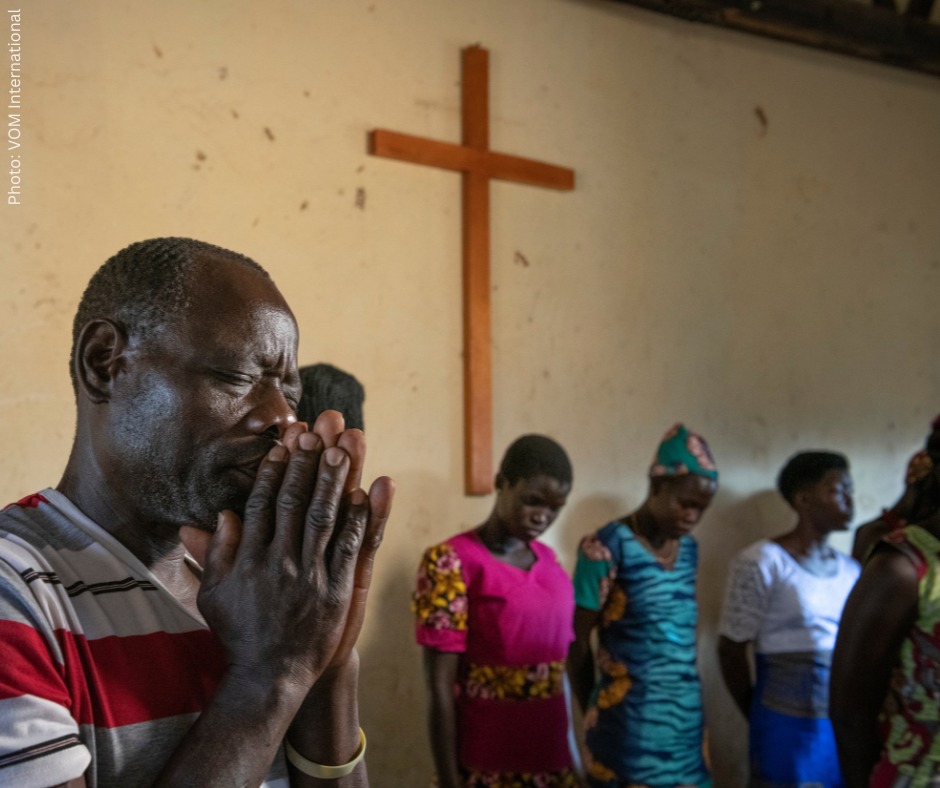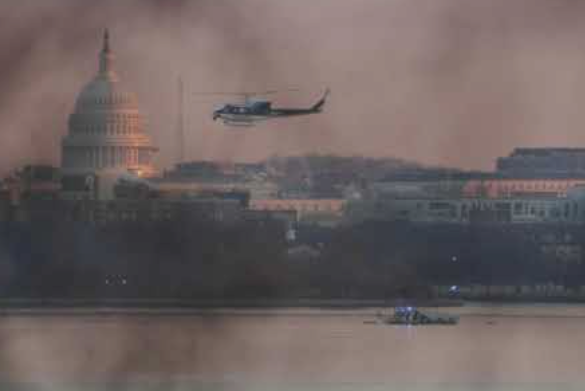On Jan. 24, 2024, 31 wildfires broke out in Colombia, engulfing the country in flames and smoke. As firefighters continue to struggle to put out the devastating blazes, Colombia’s president, Gustavo Petro, has declared the situation as a national disaster, leaving the government in search for help.
The fires first plagued the country in November 2023 and were expected to escalate even then. So far, its flames have destroyed 42,000 acres of land, unfortunately killing two. Although it is not entirely to blame, a major cause of this was El Niño, the warming of ocean temperatures, which intensifies the droughts in Colombia. Additionally, society has participated majorly in climate change, as even everyday actions can pump toxic chemicals into the atmosphere. Due to this, temperatures have risen, increasing the risk of wildfires.
“The extreme temperatures are adding to how deadly these fires are by drying out the surrounding vegetation,” Trynt Dean, junior, said.
Wildfires have affected mountains just west of Bogota, Colombia, sending streams of white smoke into the sky. Many places in Colombia are presently under red alert (fire danger warnings), including the Santander department, the Cundinamarca department, and Bogota. Authorities have alerted citizens in these areas that evacuation may be necessary due to unhealthy air quality. It is also strongly recommended that Colombia’s people stay educated on how to protect against harmful smoke and ash, as both can lead to difficulty breathing and other health issues. To avoid danger, it is imperative residents listen out for updates.
“It really smells like smoke. You can even feel it going down your throat,” Blanca Galindo, Colombian citizen, said.
To have as much control over the situation as possible, the Colombian government has reached out to the whole globe in search for aid, particularly with containing and stopping the fires from spreading; countries, including Canada, Peru, Brazil, Chile, and the United States have answered the call, sending soldiers to affected areas who are doing their best to contain and put out the flames.
“I think countries are going to need to support Colombia, especially after the fires are put out with housing and supplies for the displaced animals and affected people,” Allegra Panga, freshman, said.
Though the country is tirelessly working to extinguish the fires, the embers in Colombia’s heart continue to burn as its people do whatever they can to save their homeland; for now, citizens must take precautions to attain safety for themselves and those around them.














